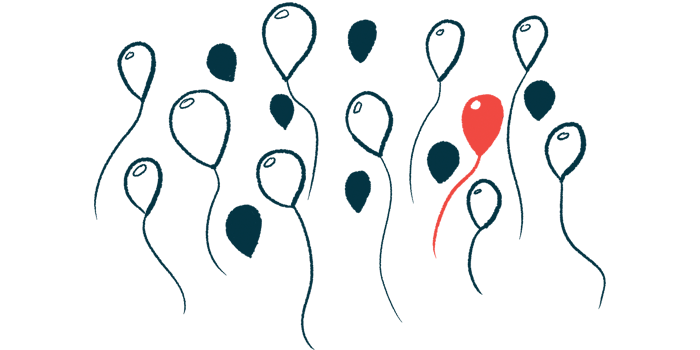Nova Seeks Orphan Drug Status in US for Psilocybin, Hallucinogenic Therapy

Nova Mentis has filed an application for orphan drug designation with the U.S. Food and Drug Administration (FDA) for psilocybin, its investigational psychedelic therapy for fragile X syndrome.
Recently, psilocybin received orphan drug designation from the European Medicines Agency (EMA), which offers financial incentives for potential rare disease treatments. Nova also plans to launch a Phase 2 study with psilocybin in fragile X.
Psilocybin is a tryptamine derivative, a group of naturally occurring molecules known for their hallucinogenic and psychoactive effects. They act predominantly as serotonergic agonists, i.e., by binding and activating the receptors of serotonin, a natural neurotransmitter and itself a tryptamine.
“New clinical treatments for FXS are needed and we believe serotonergic agonists like psilocybin represent a promising option,” Marvin S. Hausman, MD, chairman of Nova’s scientific advisory board, said in a press release.
According to Nova, psilocybin can enhance the brain’s plasticity, improve cognition, and reduce anxiety and behavioral rigidity. Psilocybin is also reported to exert its therapeutic benefits without apparent psychedelic side effects.
“Psilocybin and other tryptamine derivatives are expected to modulate the molecular and behavioural underpinnings of the disorder,” Hausman said. “NOVA has successfully completed three preclinical studies confirming therapeutic efficacy, without apparent side effects, of Nova’s proprietary psilocybin drug.”
Additionally, psilocybin has the potential to modulate inflammation and the gut microbiota — the natural, beneficial community of microbes living in the gut. The gut microbiota is thought to communicate with the brain via the microbiota-gut-brain axis, and many people with fragile X have gastrointestinal disorders.
“Moreover, an important catalyst driving the fragile X clinical program is the ability of our drug to modulate levels of neuroinflammatory molecules (cytokines) measured pre- and post-treatment,” Hausman added.
The company opened an observational study (NCT04869930) into the microbial diversity of people with fragile X and other autism spectrum disorders. It aims to examine the interconnected roles that gut microbes, serotonin, and the immune system play in gut and brain development and to develop better tools for diagnosis and treatment response.
This U.S.-based trial is still enrolling people with these disorders, ages 6 months to 21 years, in the U.S. and, reportedly, Canada. Contact information is available here.
Orphan drug designation would give Nova a series of benefits to develop psilocybin, including seven years of market exclusivity, credits for clinical testing, and exemption from FDA application fees, which can cost over $2 million.






